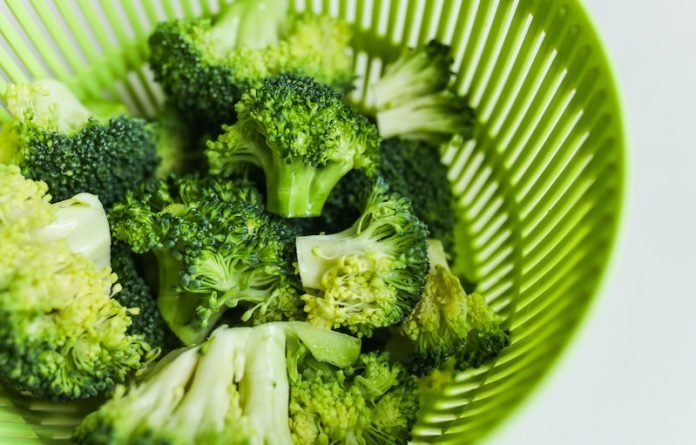
Partly due to its year-round availability and apparent health benefits, broccoli is becoming one of the most widely consumed vegetables among Americans.
In a recent study from the University of Illinois, researchers found one more reason to choose broccoli, and probably all of its cousins in the brassica family of vegetables, such as cabbage, cauliflower, and Brussels sprouts.
Their study suggests that consuming broccoli every day may decrease the development of fatty liver and liver cancer, even when people eat an unhealthy diet.
In the study, the team examined 12 different groups of mice, each receiving broccoli or no broccoli; diethylnitrosamine or no carcinogen; and a high-fat, high-sugar “Westernized” diet or one with a more balanced diet. The treatments lasted 6 months.
At the end of the study, the mice’s blood and livers were tested for a variety of factors including various lipids and indications of cancer.
The researchers showed that broccoli-eating mice had lower liver triglycerides and overall fatty liver scores than mice that did not eat broccoli.
Broccoli intake also benefitted the immune system and slowed liver cancer progression.
The team also found whereas consumption of the Westernized diet led to fatty liver and increased cancer risk when mice ate broccoli along with this unhealthy diet, they were protected from these harmful effects.
The researchers concluded that in this age when obesity is such a problem, including broccoli in the diet may have big public health implications for the maintenance of a healthy liver, particularly in those who are greatly overweight.
If you care about nutrition, please read studies about folate deficiency linked to higher dementia and death risk and more vitamin D could boost your memory, but may make you slow.
For more information about health, please see recent studies about how much vitamin C you need for better immune health, and results showing the cause of prostate cancer metastasis.
The study was published in The Journal of Nutrition and conducted by Dr. Elizabeth Jeffery et al.
Copyright © 2022 Knowridge Science Report. All rights reserved.



